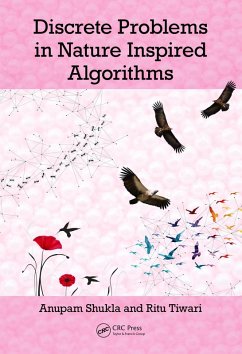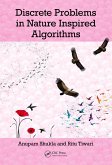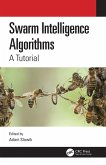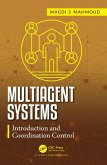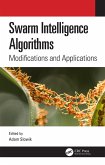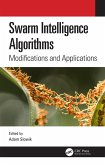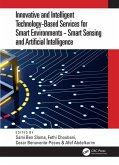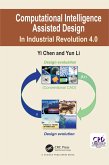This book introduces algorithms for graph based problems, namely combinatorial optimization problems, path formation problems, etc. Each chapter includes the introduction of the basic traditional nature inspired algorithm and discussion of the modified version for discrete algorithms including problems pertaining to discussed algorithms.
Dieser Download kann aus rechtlichen Gründen nur mit Rechnungsadresse in A, B, BG, CY, CZ, D, DK, EW, E, FIN, F, GR, HR, H, IRL, I, LT, L, LR, M, NL, PL, P, R, S, SLO, SK ausgeliefert werden.
Hinweis: Dieser Artikel kann nur an eine deutsche Lieferadresse ausgeliefert werden.

